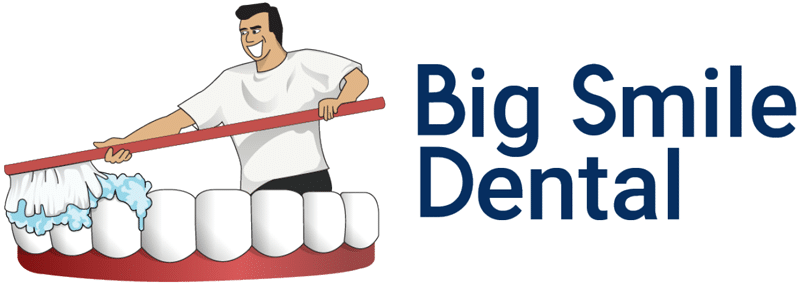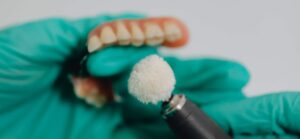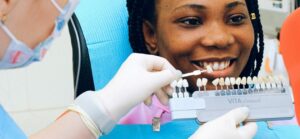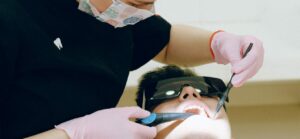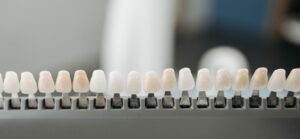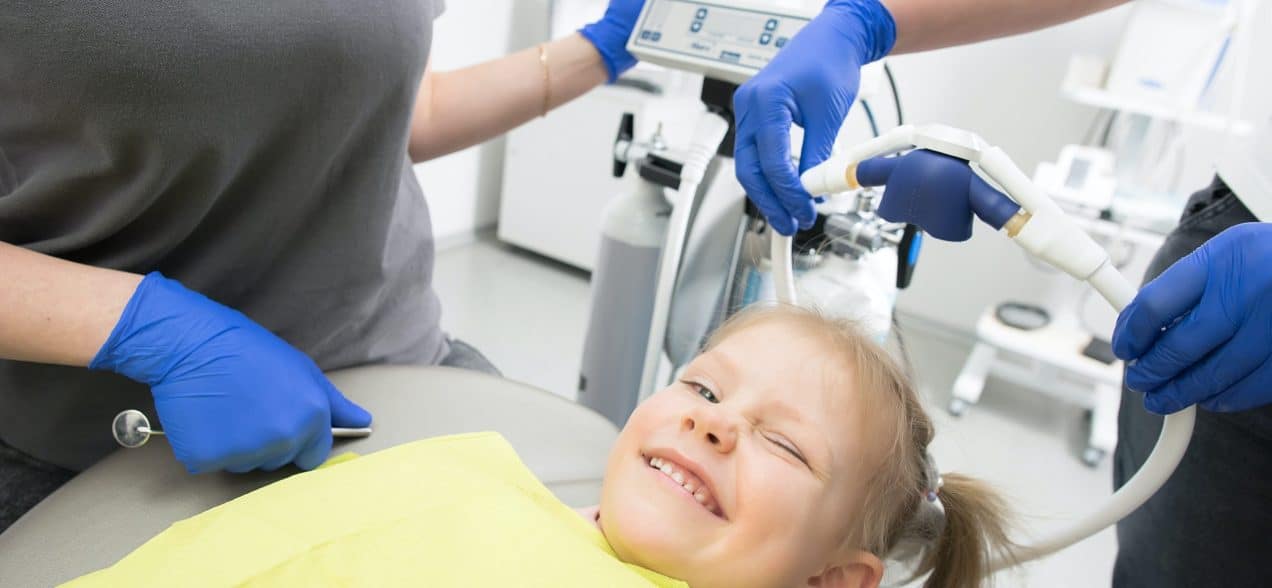
From kids’ birthday parties to teens’ graduation ceremonies, your baby’s journey to adulthood is documented in photos and fond memories of beautiful smiles. As a parent, you want to make sure those smiles stay happy – and healthy. Dr. Siegel and the team at Big Smile Dental in Chicago IL are here to help, with the dental services and answers you need.
Q . Baby teeth are temporary. How important are they?
A : One of the most common and dangerous myths about childhood oral health is that primary (baby) teeth don’t matter, because they will fall out anyway. However, these temporary teeth are with your child for a decade or longer. Primary teeth usually erupt between the ages of one and three; the last ones typically fall out around age 12. During that time, primary teeth help your child learn to speak clearly and chew food properly. They also serve the vital function of guiding jaw growth and development, acting as “space holders” for permanent teeth that will develop later.
Q . When should my child visit a dentist for the first time?
A : We normally recommend scheduling the first appointment when you see the first tooth emerge or when the child reaches twelve months of age, whichever comes sooner. The American Dental Association and the American Academy of Pediatric Dentistry agree that an infant should have a “dental home” by his or her first birthday.
Q . Do cavities in baby teeth need to be treated?
A : Yes. Without treatment, cavities can spread surprisingly quickly. This can lead to premature tooth loss, leaving a gap that may impede oral development. Your child will also be more susceptible to infections, and cavities often develop in other teeth, including newly erupting permanent teeth.
Q . What is baby bottle decay, and how can I prevent it?
A : You might not expect cavities to be a problem in kids who are still too young to eat candy. However, you probably offer fruit juice and other sweets in liquid form. Additionally, milk has a surprisingly high sugar content. It is common practice to give a baby a bottle at naptime, which leaves fragile new teeth exposed to sugar and acid for hours. Avoid this by cleaning your baby’s mouth immediately after feeding. At naptime, skip the bottle or fill it with plain water.
Q . What toothbrush is best for my child? Do teens need special toothbrushes?
A : Look for a toothbrush designed for your child’s age-range, but don’t rely on the label alone. Check the bristles, they should be soft. Look at the size and shape of the head to ensure it will easily fit your child’s mouth. Finally, make sure the handle will be easy for little fingers to grasp. Most kids can begin using an adult toothbrush around age nine or ten. However, many of the above points apply to older kids, teens, and adults – a toothbrush should always be soft-bristled with a shape that allows comfortable and thorough cleaning.
Bonus tip – Making oral hygiene fun is a great way to encourage kids to develop good habits. Although safety and functionality are the top priorities when choosing a toothbrush, also look for bright colors, cartoon motifs, and other appealing designs.
Q . My teenager has an overbite but doesn’t want to wear braces. What can I do?
A : Talk to one of the Dentists at Big Smile Dental about Invisalign. Teens, like adults, are more image-conscious than ever. They don’t want “train track” smiles forever documented on social media. Invisalign eliminates cosmetic concerns by eliminating the metal. There’s no brackets or wires. Instead, it works with clear plastic aligners, which can be removed for meals and oral hygiene. In most cases they can accomplish the same results as traditional braces, as long as they are worn as directed. Not surprisingly, Invisalign is a popular treatment for both teens and adults.
Q . Can mouthguards prevent knocked out teeth when playing sports?
A : Absolutely! Athletic activities are among the top causes of dental emergencies, for kids and adults. A mouthguard is a simple and comfortable way to prevent oral injury, and it should be standard safety gear for athletes of all ages. You will find “one-size-fits-all” or “boil and bite” styles available for retail purchase, but they rarely fit well. For the ideal fit, optimal comfort, and best protection, choose a custom-made mouthguard from your dentist.
Q . Where can I find a top-rated dentist for kids and teens in Chicago, IL?
A : Big Smile Dental has been voted “Best Dentist in Chicago” eight years in a row, and we have an average rating near five stars. We take pride in providing top quality care for every member of your family. Call us at 773-772-8400 to schedule.
